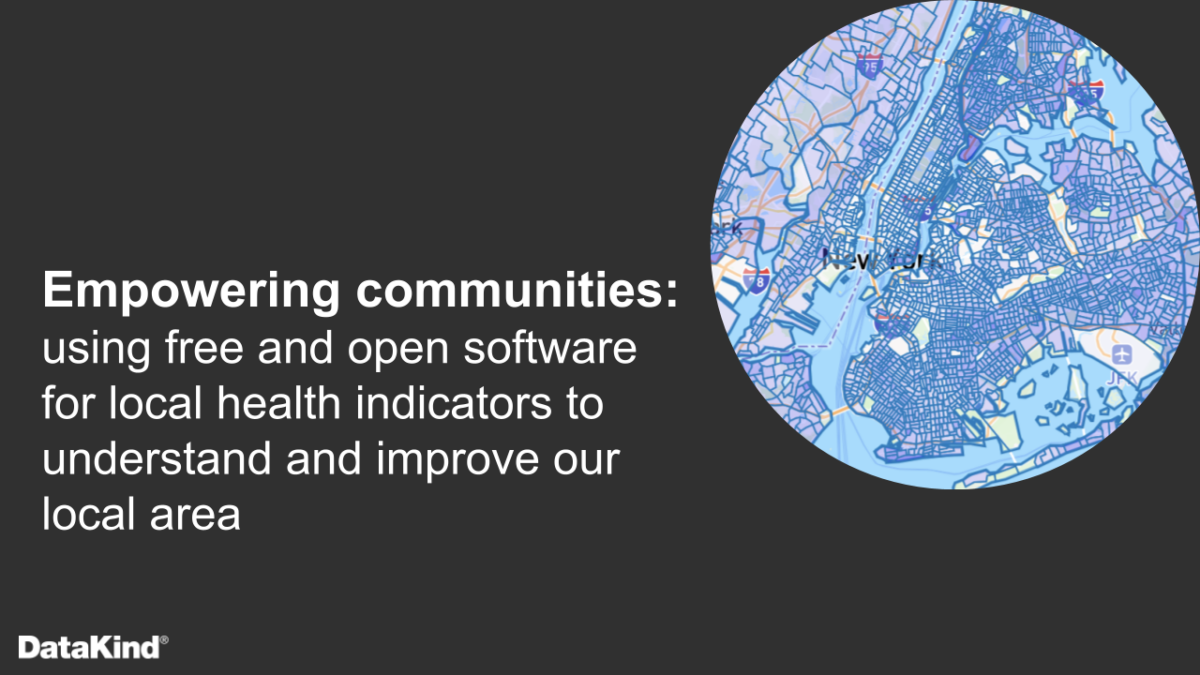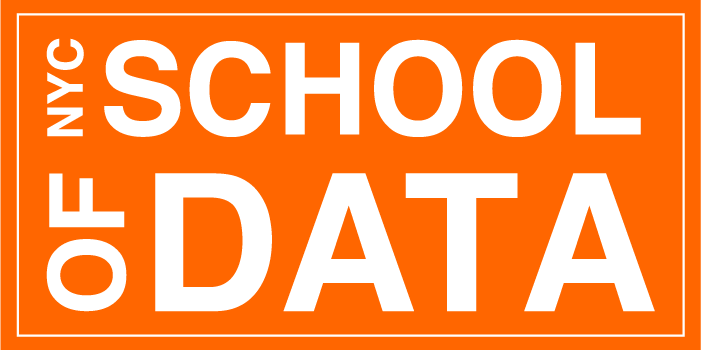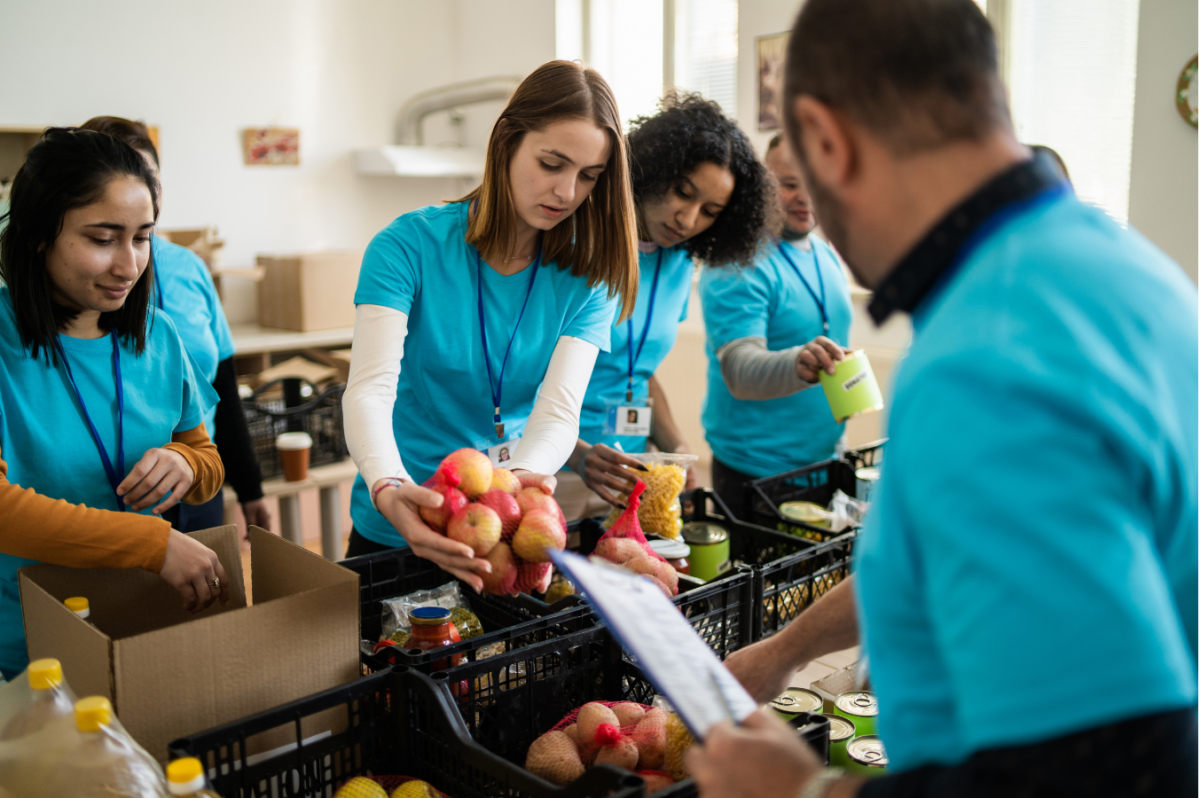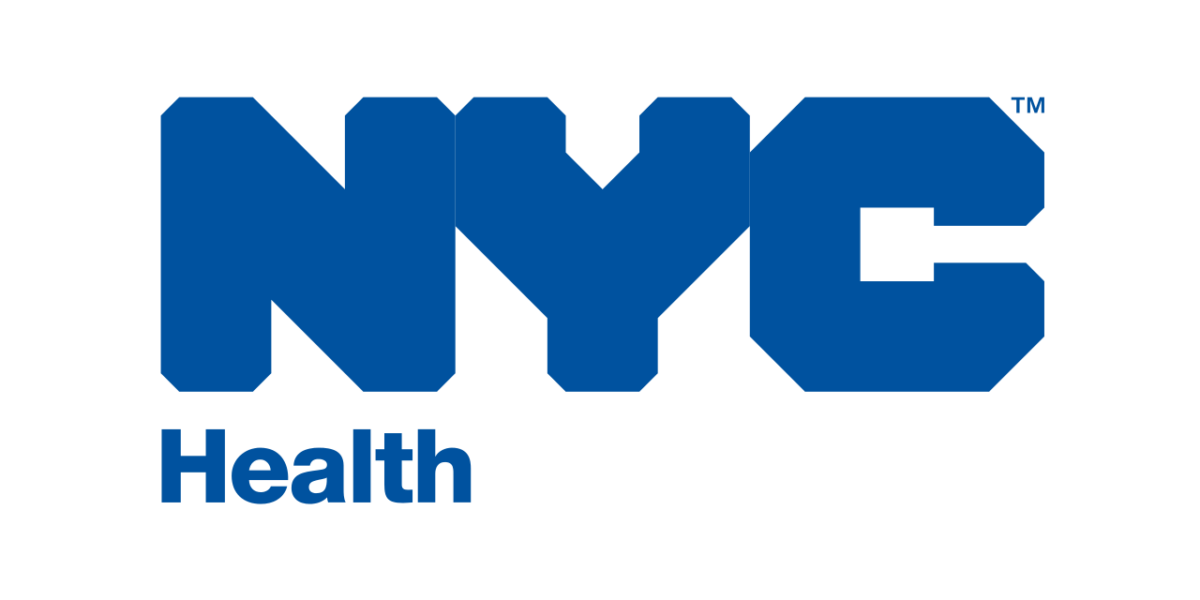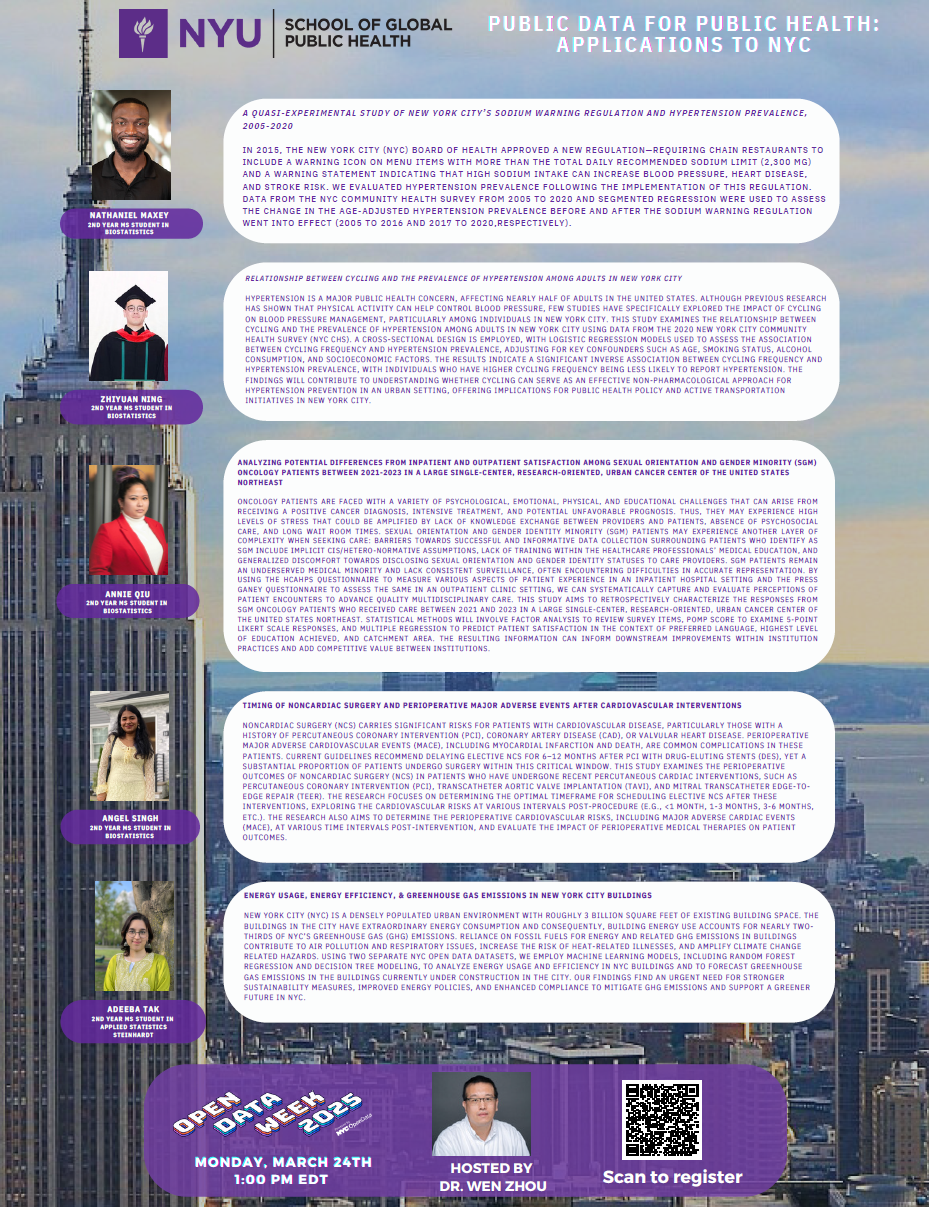DataKind started 2024 with an ambitious goal: to create an open-access tool populated with data at a hyperlocal level that would foster a deeper understanding of community needs and the complex factors influencing them. Working with collaborators representing many facets of health and wellbeing, DataKind launched the community health indicators software, a tool which enables social service providers, practitioners, policymakers and community stakeholders to access standardized data on their communities of impact and take meaningful action. This resource harmonizes and makes accessible 11 different public data sources of community data at three geographic levels (tract, zip, and county), with 49 unique data indicators drawing from a database of six million rows of data. Users have the option to create a free, secure individual or team account and upload and analyze additional datasets alongside the data included. Users can export analysis, including maps, from the system. This free and open software makes data insights accessible to any end-user regardless of data maturity.
This session will discuss the community-centered software design process, demonstrate the software with several use cases, and offer a rich, facilitated conversation with end-users of the software from social impact and governmental institutions. We will provide an introduction to question formulation, asset mapping, and data interpretation.
Attendees can submit their data questions here for use in the session or for future follow-up: https://forms.gle/TsWfe4Dses3jzVHm8

